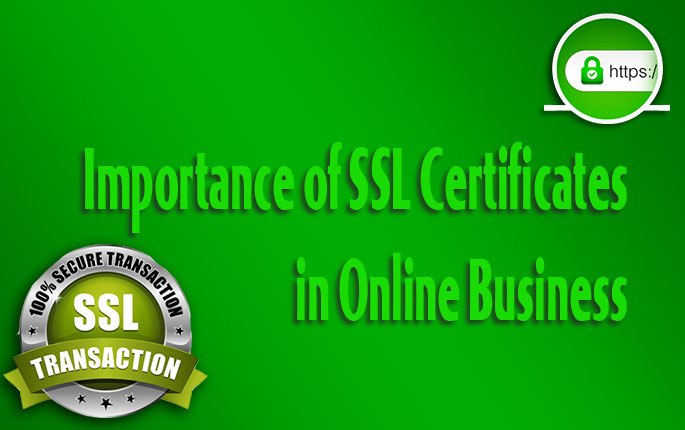What Is the Difference Between HTTP and HTTPS?
While browsing the internet, you might have noticed websites using both HTTP and HTTPS. The HTTPS prefix indicates that the website is secure, typically confirmed by a padlock icon in the browser’s address bar. A green padlock signifies a secure website, while a missing or broken padlock signals an insecure site where data transmission is at risk. Insecure websites increase the chances of hackers stealing personal information.
Why Do You Need SSL?
To protect sensitive information such as bank details, websites need to implement SSL certificates. SSL stands for Secure Sockets Layer. It is a standard security protocol that safeguards data shared between users and websites, protecting it from being intercepted or stolen.
How Does SSL Work?
SSL creates a secure, encrypted link between two points on the internet—either client to server or server to server. When a client sends a request, SSL encrypts it using an algorithm before sending it to the web server. The server then decrypts the request, processes it, and sends back a re-encrypted response. Only the sender and receiver can decrypt this data. This process ensures that third parties cannot read or intercept the information.
What Information Does an SSL Certificate Contain?
SSL certificates include details such as the domain name, company name, and an expiration date. When a web server receives a request, it performs several verification checks:
-
It verifies whether the SSL certificate is expired.
-
It checks if the certificate is issued by a trusted authority.
-
It ensures that the certificate is being used by the actual registered website.
If all checks are passed, the server accepts the request and proceeds with encryption. If not, the browser displays a security warning indicating that the website may not be safe.
How Is an SSL Connection Established?
Here’s how SSL connection is created step-by-step:
Step 1: The user types in the website URL using HTTPS (e.g., https://bytelabz.com).
Step 2: The server receives the request and initiates an SSL handshake. During this process, it verifies the validity of the SSL certificate.
Step 3: If the certificate is valid, the server and browser begin encrypted communication.


